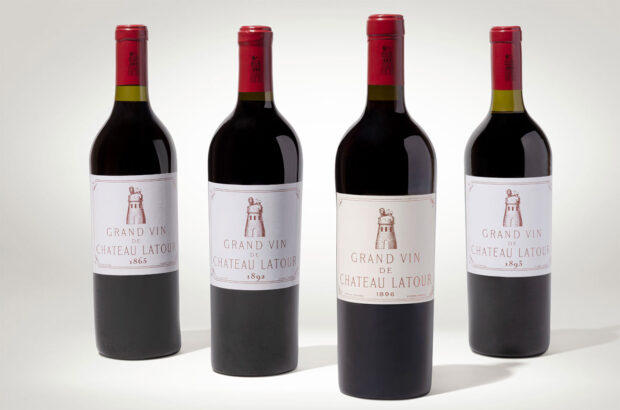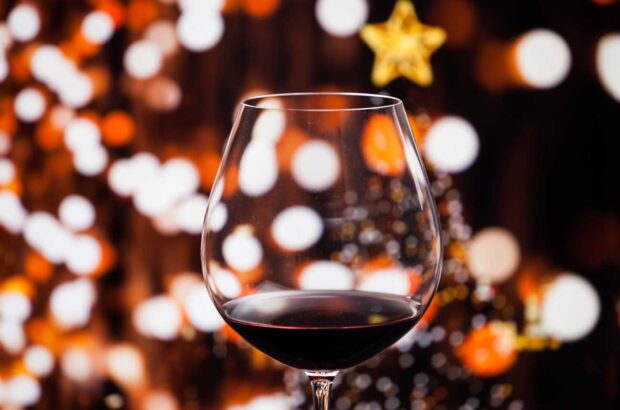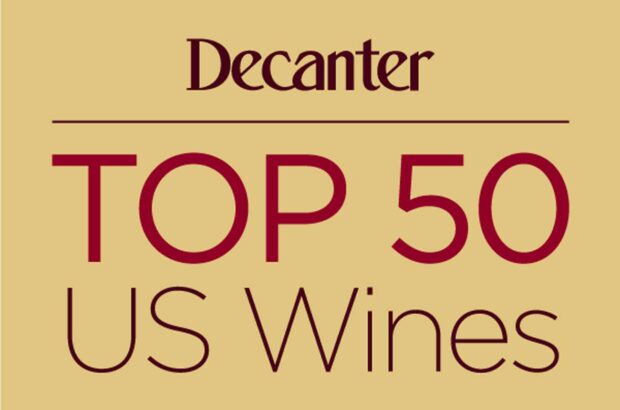In February 2020, the founder of Bodega Tapiz in Argentina’s Uco Valley, Patricia Ortiz, announced that her Patagonian winery Wapisa would be the first in the country to experiment with underwater ageing.
The Rio Negro-based Wapisa, which is part of Fincas Patagonias, decided to place crates of wines at varying depths in the Atlantic Ocean as part of their new ‘coastal terroir’ inititive.
Aided by a biologist and diver, the team submerged 1,500 magnums of their 2017 Malbec-blend in crates at depths between six and 15 metres, 25km away from their vineyards, off the shore of Las Grutas.
The wines remained in place for nine months before being tasted and inspected alongside bottles that had been cellared on land.
‘We seek elegance in our wines’ Ortiz said. ‘We were curious to explore if underwater ageing could actually allow us to have young wines with the benefit of maturity.
‘We tasted the underwater-aged wine and the cellar-aged counterparts blind, the difference was stunning: the former was rounder, more elegant and with fresher fruit,’ she said.

The Wapisa wines in the ocean. Credit: Wapisa.
A second lot of bottles will be submerged at the end of this month, February 2021, in newly improved cages that will allow sea water to circulate through the bottles. The bottles will then be marketed together for consumers to taste themselves.
Beach-side winery
Another hands-on project that started in 2018 further south in Chubut has also seen ‘marvelous results’ from oceanic ageing.
The project, that was started by Argentine winemaker Matías Michelini, the owners of eco-resort Bahia Bustamante Lodge and world-renowned bartender Tato Giovannoni, saw just under one hectare of Semillon and Pinot Noir planted on the beach, just three metres away from the ocean.
Last year, 2020, saw their first micro-vinification having placed grapes in two 100 litre eggs that they buried in the sand.
‘The result was marvelous’, said Michelini. ‘The wines have a clear sea character of salt, iodine and algae with very good acidity which nicely balances the ripe fruit courtesy of the sunny and dry climate.’
For the 2021 vintage they will use 1,000 litre cement eggs buried near the water and by 2022 they will move a step further and submerge them halfway in the ocean
Growing sector
Underwater wine ageing is a technique being explored by an increasing number of producers.
The first conference on underwater wine was held in 2019, addressing the process and challenges of submerging wine in the sea – including concerns about ‘copycat wineries’ giving this growing sector a bad name.
In March 2020, a winery on the Italian island of Elba revived an ancient method of submerging grapes in the sea, once used to make wine fit for Julias Caesar.






